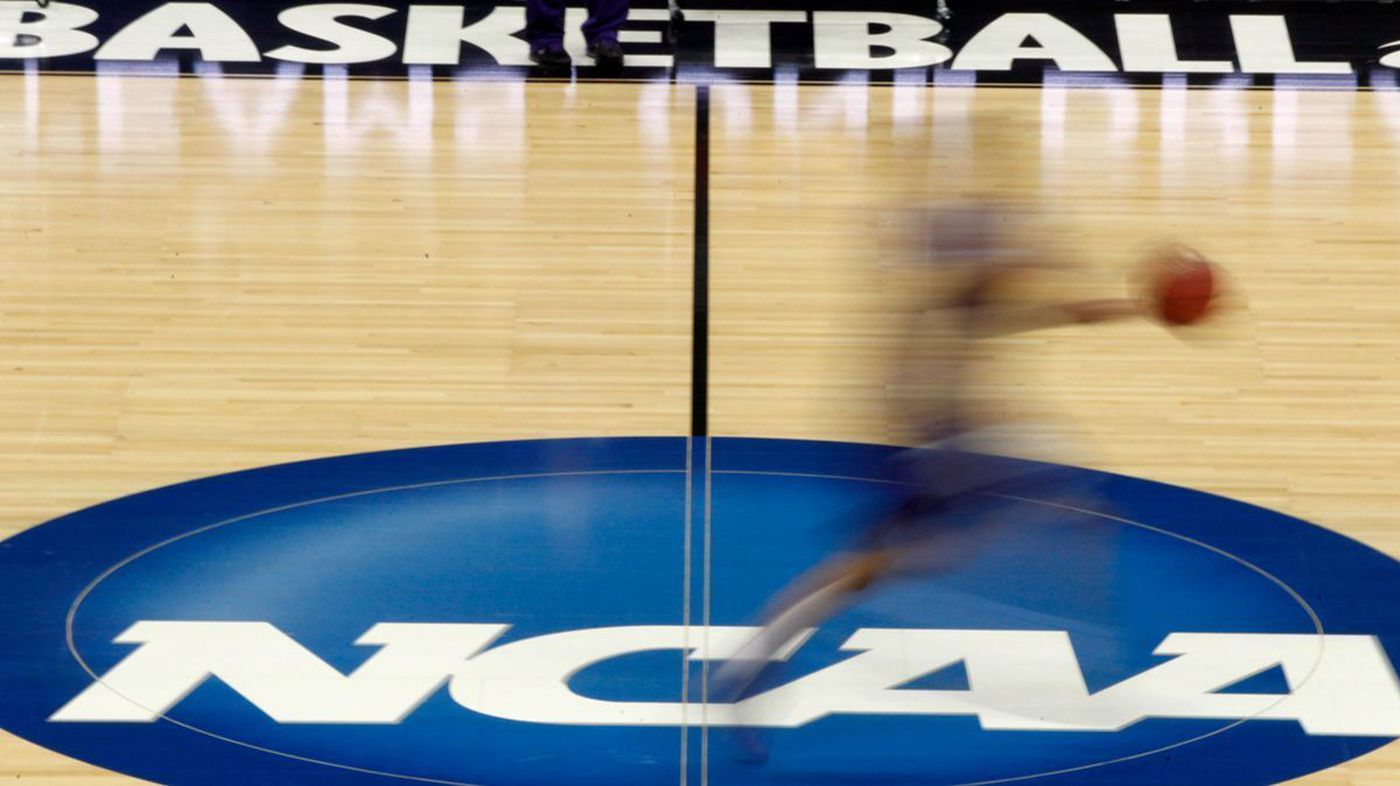
Over the last years a number of events have reminded us of the phenomenon of corruption in sports. This list is extensive: Performance enhancing drugs, illegal equipment, paying young athletes and their associates to attend particular colleges, bid rigging from the Olympics to FIFA to the NFL, payouts, graft, bribery, and on and on. What can be done?
I’m of the opinion that it is all but impossible to come up with a solution to an issue if you don’t understand the fundamental causes that created the problem.
Our first examination should be society itself. We live in an age where the highest political officials in the land engage with lobbyists and other financial entities for free largesse on a scale beyond anyone’s ability to fully comprehend. This corruption has increased with the capability of hiding enormous sums of money from prying eyes. It has never been easier to facilitate electronic money transfers using shell accounts, phony clients, made up corporations, and the like that exist solely to lubricate the corruption. Huge amounts of largely untraceable money. That is a temptation too great for most. Those who call out the behavior are fired and the consequences for violations are few and far between. Those who don’t take advantage of the situation might be ethically correct but they are pragmatically foolish. Why should I play by the rules when all my competitors are not?
As a more concrete example, let’s examine the loaning of money to the friends and family of high school athletes. While some people argue most athletic departments don’t make money the reality is far different. The bottom line of the athletic department is all the money going in and out, expenses and revenue. Department personnel, coaches, assistant coaches, athletic trainers, announcers, vendors, construction companies, and more all get paid. That payment has grown enormously over the last 20 years. The schools pay ever increasing salaries from the money generated by broadcast sales, ticket sales, merchandise sales, parking sales, food and beverage sales, and more. Teams that win generate more money which increases salaries of coaches. The coaches want the best players. They work with financial entities to provide benefits to the player’s associates in the form of loans, jobs, tickets, and any number of other things. These incentivize the young player to attend that institution. That generates wins, which in turn increases salaries. To compete, you must cheat.
This same general pattern is followed in all the other corruption scandals. FIFA officials are bribed by local politicians who in turn are bribed by contractors who will build the World Cup stadiums and sell products at the event, thus making huge sums of money. The tax payers pay for all this while the FIFA representatives, the politicians, and the contractors all sit in luxury boxes enjoying the games and don’t even pay the price of a ticket.
I think I’ve fairly generally enumerated the causes of all the corruption but the reason the United States Sports Academy called for people to write about this problem was not to tell you there is an issue or even why the corruption exists. They want solutions, so let’s tackle them.
When we create rules attempting to stop behavior that is desired by many people, we almost universally fail to stop the activities and create black markets where criminals reap benefits. My point being that more rules aren’t going to help. See Prohibition, the War on Drugs, etc.
It will be all but impossible to track financial transactions as those determined to hide them will generally be better financed, more sophisticated, and capable of bribing those tasked with enforcing such regulations. Certainly, we’ll occasionally get a glimpse into the dark, underbelly of sport as we have recently seen with college basketball. But for every shipment of cocaine seized there are thousands that pass right along unnoticed. That is the nature of rules designed to stop something people desperately desire to do.
The solution is to simply accept reality. Again, using college sports as example, what if we simply allowed financial incentives to athletes. Some people, Libertarians like myself, call it a free market. If one school wants to loan money to the father of an athlete as an incentive to attend the school, so be it.
If a young athlete, I cannot tell you how much I despise the legally inspired term “student-athlete” which was created solely to deprive the athlete of financial freedom, wants to let an agent pay them lots of money on the potential of a professional career while they are still in school, so be it.
If an assistant coach is willing to hire some entertainers of any ilk to provide services for athletes, so be it.
If FIFA officials solicit bribes in order to promote a particular nation for the World Cup, let it shine forth in the light of day in an open process. You want to play, you must pay. Those who don’t want to participate can go merrily along their way.
What I despise is the hypocrisy associated with most of these rules. Let’s again examine society as a whole for my conclusion.
The politicians are well aware they are being influenced by money. Their votes are up for sale. It’s an open secret. We know. They know. Everyone knows. Yes, they vote their conscience at times but they also vote in way to help those who give them and their associates financial help. Let’s stop pretending the corruption is an isolated incident instead of the norm. Let’s stop kidding ourselves. Let’s codify the corruption and let it happen in the light of day.
You might not like it. You probably don’t like. Got a better idea?
By Tom Liberman
Tom Liberman is a regular fellow from St. Louis, Mo., who enjoys spending time with his wonderful family and great friends. He writes Sword and Sorcery fantasy novels in his spare time.
[…] http://thesportdigest.com/2018/02/corruption-in-sport/ […]